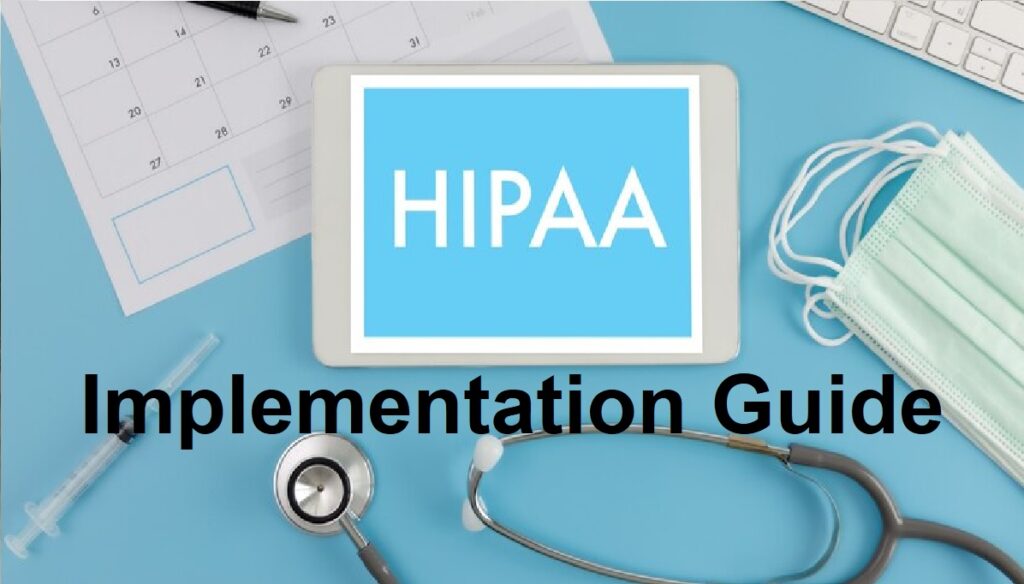Protected Health Information (PHI) requires specialized security measures that standard email platforms cannot provide. Healthcare providers must evaluate email services based on their technical capabilities, security protocols, and compliance frameworks. Understanding the specific features that make a HIPAA compliant email service helps healthcare organizations protect patient data while maintaining efficient communication workflows.
Access Control
Access control mechanisms form the backbone of a HIPAA compliant email service. These features restrict unauthorized users from viewing, modifying, or transmitting PHI through email communications. Proper access control implementation requires multiple layers of authentication and authorization protocols.
Multi-factor authentication serves as the primary gateway for user verification. This process requires users to provide two or more verification factors before accessing their email accounts. Common verification methods include password entry and mobile device confirmation via two-factor authentication. Healthcare organizations benefit from systems that support various authentication methods to accommodate different user preferences and security requirements.
User activity monitoring provides comprehensive logs of all email actions, including message sending, receiving, forwarding, and deletion. These audit trails help healthcare organizations track PHI handling and demonstrate compliance during regulatory reviews. Effective monitoring systems generate detailed reports that identify unusual access patterns or potential security threats.
Data Integrity
Data integrity features protect PHI from unauthorized modification, corruption, or loss during email transmission and storage. These mechanisms maintain the accuracy and completeness of patient information throughout the communication process. Digital signatures provide cryptographic proof of message authenticity and sender identity. Each outgoing email receives a unique digital signature that recipients can verify through established certificate authorities. This sender verification process confirms that messages originate from legitimate healthcare providers and have not been altered during transmission.
Automatic backup systems create redundant copies of email data to prevent loss due to system failures or security incidents. These systems maintain synchronized copies across multiple secure locations, allowing healthcare organizations to restore communications quickly following disruptions. Regular backup verification processes test the integrity and accessibility of stored data.
End-to-End Encryption
End-to-end encryption represents the highest level of security for email communications containing PHI. This technology encrypts messages on the sender’s device and maintains encryption throughout transmission until the recipient decrypts the content. Message encryption should occur automatically when healthcare providers send emails containing PHI. The encryption process transforms readable text into a coded format. Only recipients with proper decryption keys can access the original message content, protecting information from unauthorized access during transmission.
Secure message portals provide encrypted communication channels for external recipients who may not have access to HIPAA compliant email systems. These platforms allow patients and other external parties to receive and respond to encrypted messages through secure login credentials. The portal system maintains encryption standards while enabling communication with non-compliant email systems.
Employ a HIPAA Compliant Email Service
Healthcare organizations must prioritize HIPAA compliance when selecting email services for PHI transmission. The features outlined above represent some minimum requirements for maintaining regulatory compliance while supporting efficient healthcare communication. Professional email services designed specifically for healthcare environments provide comprehensive compliance features along with dedicated support resources. These specialized platforms reduce the administrative burden of maintaining HIPAA compliance while offering robust security measures that protect patient information.

